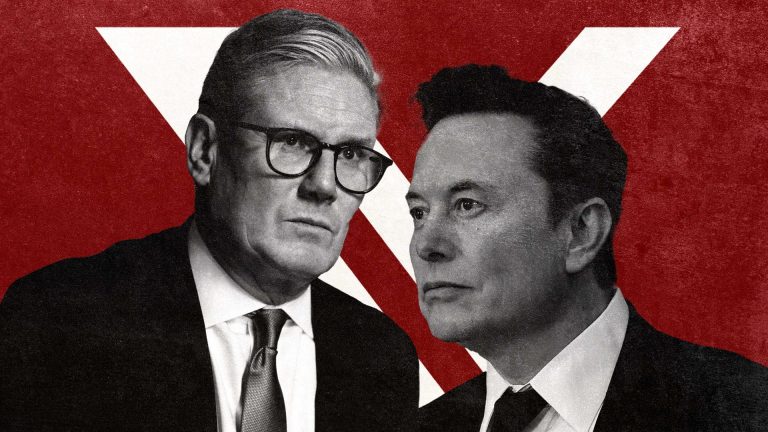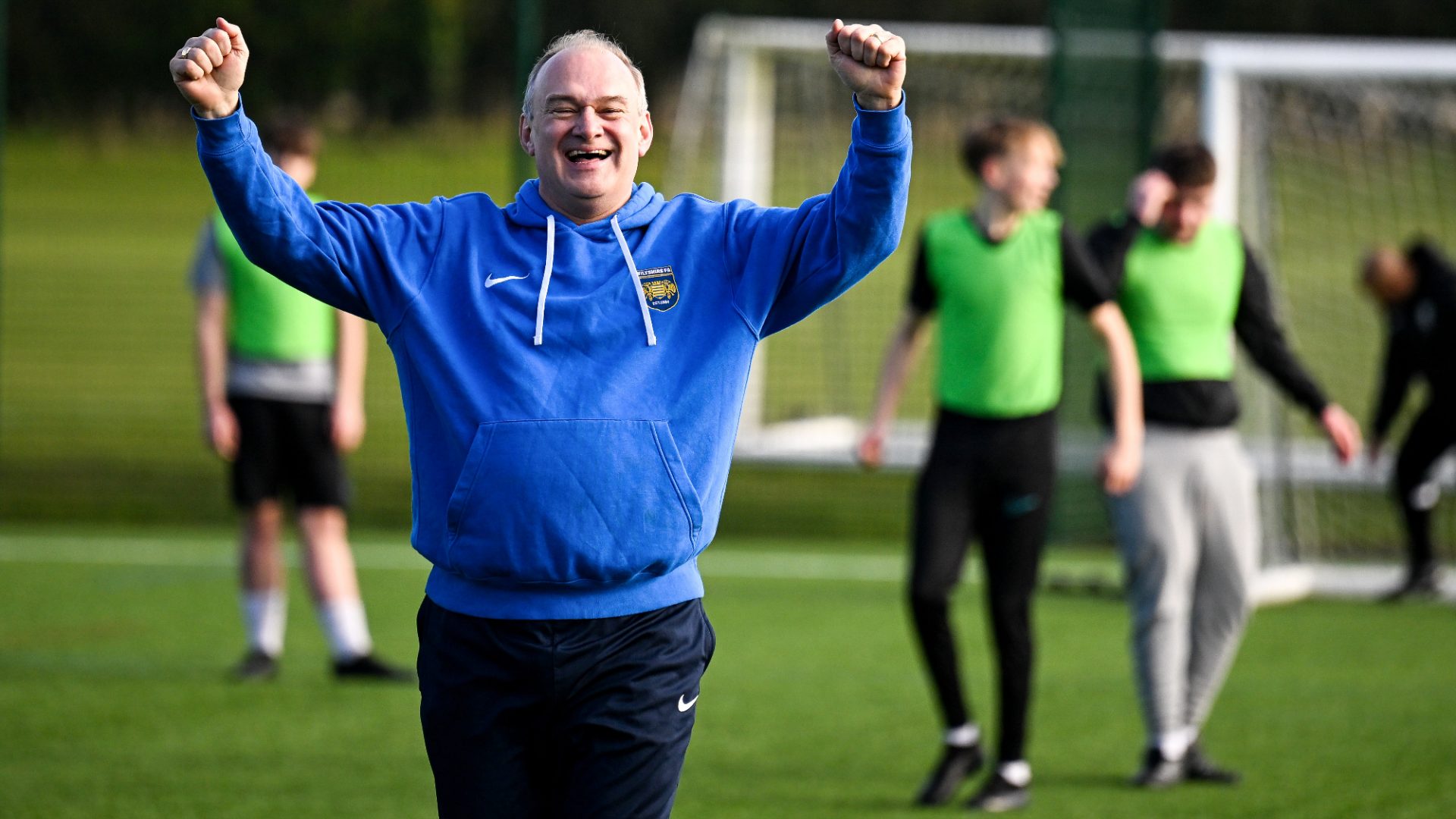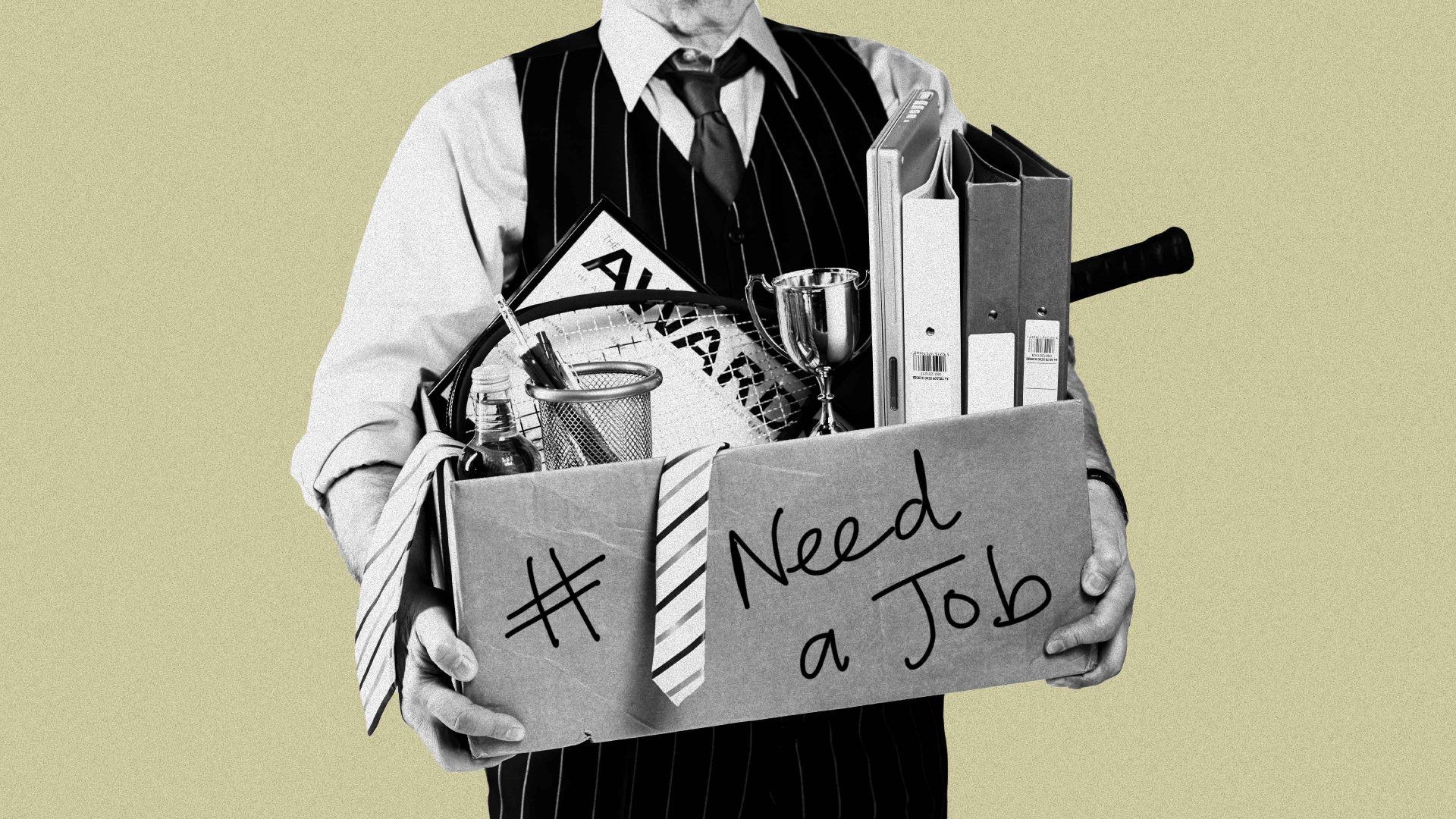If 2024’s general election felt seismic, it wasn’t just because of Labour’s landslide and the Tories’ collapse. Having won just 11 seats in 2020, Ed Davey’s Lib Dems returned 72 MPs, winning all but one of the party’s targets after a campaign heavy on visual stunts, but shot through with decency and featuring a deeply personal crusade on the issues of social care, with a heartfelt video featuring Davey’s own son.
Davey’s reward is to lead what is by far parliament’s third-largest bloc, with two questions every week at PMQs. But a year after his party’s biggest-ever win, that’s where it stops.
Nigel Farage, whose Reform won more votes – 14.3% to the Lib Dems’ 12.2% – but only five seats, has seized the agenda. Immigration and asylum dominate the headlines. A study by the journalism department of Cardiff University found Reform attracts significantly more TV airtime than the Lib Dems, something Davey has been railing against on social media (“The BBC are constantly fawning over Farage’s every move,” he wrote on September 9).
And rather than the renaissance of liberal values that Davey and Keir Starmer might have expected, an outpouring of public anger, protests, counter-protests and riots has made the UK feel more polarised than ever. As Davey sits down for an interview with The New World, he has a clear set of culprits in mind.
“It has been really awful. I think, though, it’s a long, long trend,” he says. “It’s a trend of the hard right, whether it’s the Tommy Robinson version, the Nigel Farage version, or, no doubt, the many other versions that are going out there to divide people.”
Davey returns to the theme of politicians who are trying to hold or bring people together versus those seeking to divide them repeatedly in the course of our conversation, but he is willing to lay responsibility for much of the current unrest more directly at the door of Farage and others – not least because of Brexit, which caused the UK to leave the Dublin Convention, which allowed for automatic return of asylum seekers who had already been registered in another EU nation.
“Prior to Brexit, championed by all the Conservatives and by Nigel Farage, we used to have an automatic returns agreement with 27 European countries,” Davey explains. “And I’m told by people on the right that the good thing about return agreements is deterrence. Essentially, they got rid of deterrence, which was massive. There weren’t many small boats before Brexit. So… thank you, Nigel, thank you, Boris.”
Yet Davey demurs when asked if he would make a bid to rejoin the EU a condition of Liberal Democrat support in a hung parliament or a coalition, saying only that “our long-term future is at the heart of Europe”, but that neither British public opinion nor European politics are in the right place right now.
It is perhaps telling that a year into a Labour government with a landslide majority – and one which is historically unpopular, with a string of unforced errors and scandals already marring its record – that much of our conversation centres on Farage and Reform, who feel almost more central to events in Britain than the current occupant of No 10 does.
Davey brings his critique of Farage down to Reform’s need to stoke the immigration issue, because, he says, it has almost nothing to offer on any issue beyond that. “Nigel Farage… for him to succeed, he needs discontent, he needs anger, and he needs people to blame,” he says.
“He hasn’t got anything positive to say. He hasn’t got a positive message on the NHS. His conference speech didn’t mention the NHS. Right? Isn’t that extraordinary, that someone who says he must be prime minister doesn’t even talk about the NHS, let alone about care.”
Davey expands on this topic, growing increasingly animated with what looks like sincere anger as he does. The only time Davey has heard Reform really pushing on a health issue in recent weeks is when former Conservative Party MP Lee Anderson wrote an article in the Sun on mental health, claiming “that people are making it up”, that “it’s a fad” – following similar comments in the past from Farage.
“I think it’s quite astonishing that a leader of a political party, a main political party, not only just doesn’t talk about health, but when they do, they’re taking aim at a group of people who are very, very vulnerable,” Davey says, visibly irritated.
“And I’d say ‘come with me, Mr. Farage, to go and talk to parents and grandparents of children. Young people come with mental health problems. Say that to them, say that to their faces.’”
Suggested Reading


It’s time for Starmer to confront Elon Musk’s extremism
Davey is similarly scathing about Farage’s recent decision to fly to America to give evidence to Congress on free speech in the UK, during which he likened the UK’s current situation to that of North Korea. Does that suggest something of an irony, I ask – that Farage, who long claimed the UK was being run from Brussels, should ask Washington DC to step in and force the UK’s hand on tech regulation and speech?
“One hundred per cent. He wants to copy what they’re doing,” Davey agrees. “He loves Elon Musk. He loves Donald Trump, and he might have fallen out with Elon Musk over Rupert Lowe, but, I mean, essentially, they’re the same, aren’t they? He’s totally hypocritical. Well, who knew that? Nigel Farage says one thing, does another.”
He adds that Starmer should hold the line with the US and not bow to pressure it is facing over regulating big tech and social media platforms for spreading hate, or over paying a digital services tax. “We cannot allow our policies on keeping our children safe, of preventing racial division and hatred to be dictated by the current incumbent at the White House – or any foreign country for that matter,” he says. “Equally, our tax policy shouldn’t be dictated by Washington.”
Stepping back, Davey wants to stress that while he agrees that immigration has been “too high” in recent years – “it really did get out of control under the Conservatives” – the Liberal Democrats are still happy to say it has been a good thing for Britain.
“We welcome and celebrate the role immigration has played in our country, and we are realistic about the positive role it played, whether it’s on the health service, whether it’s the economy… that should be celebrated and we celebrate it,” he says.
“But I think it’s possible to defeat the right on this by pointing out their role in courting it in the first place, throwing their Brexit and the Dublin convention failures and so on, and their failure to give asylum seekers the right to work… all that stuff, while still saying immigration has a role to play in our economy.”
Davey arguably flounders somewhat over an issue that has repeatedly made Starmer and government ministers uncomfortable – a targeted campaign to put up flags around the country, which at times is a deliberate tactic of far right groups, not least as it allows a small number of people to make an outsized visible impact.
I tell him that I’ve spoken to multiple people of colour who have no problem with flags in general, but feel this is a deliberate attempt to intimidate them, and feel like they’ve heard nothing from politicians even acknowledging that, let alone condemning that. Can he?
“No one should try to steal the flag for their political purpose,” Davey replies. “The flag belongs to everyone, whatever colour their skin. You know when I talk to people in my constituency who, they’re third generation, fourth generation, they feel British and they believe in the flag,” he continues, before invoking the 2012 Olympics as a time which “meant the NHS, it meant multiculturalism, and that that’s what the flag meant”.
Davey meanders from here into a musing on patriotism, noting his constituency recently held a celebration for Æthelstan, one of several rulers claimed to be the first King of England, who was crowned in what is now Davey’s Kingston and Surbiton constituency. “He was quite a bloody warrior. But he was quite cultured. He believed the rule of law,” Davey says, admiringly. “And he was a proud pro-European, by the way, he was out there, well known for his European ties. So, I wouldn’t say he was the first Liberal Democrat, but he was certainly the first king of England.”
The answer is so unexpected that it is only later that I realise it hasn’t really answered my question. As our time comes to a close, somewhat earlier than expected as Davey’s minders try to chivvy him out of his office to his next appointment, we turn to the next election. Davey has touted liberalism as the antidote to populism – but voters of all stripes seem to want populism, I contend. After all, the Greens have just elected Zack Polanski, a self-styled eco-populist, as their leader.
“There’s nothing wrong with being popular about policies and the values you believe in, but I worry that the populism we’re hearing from all types, whether it’s former Liberal Democrat Mr Polanski, or whether it’s the SNP, or whether it’s Nigel Farage, it seems to be they want to divide people,” Davey replies. “They want to blame people. And I don’t think that’s a way you build a strong society.”




